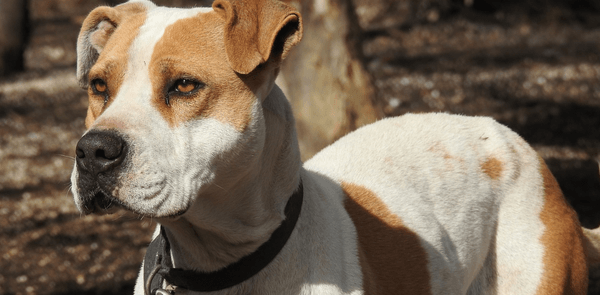
National Pit Bull Awareness Day is October 27, 2018.
The day is set aside to appreciate and educate people about these dogs that have descended from bulldogs and terriers, commonly referred to as the “pit bull.” Formal breeds that are often referred to as “pit bulls” include the American Pit Bull Terrier, American Staffordshire Terrier, American Bully and Staffordshire Bull Terriers. There are many stereotypes and negative perceptions about these breeds. Constant negative media attention sensationalizing the actions of a few dogs have caused many people to judge and be afraid of pit bulls.
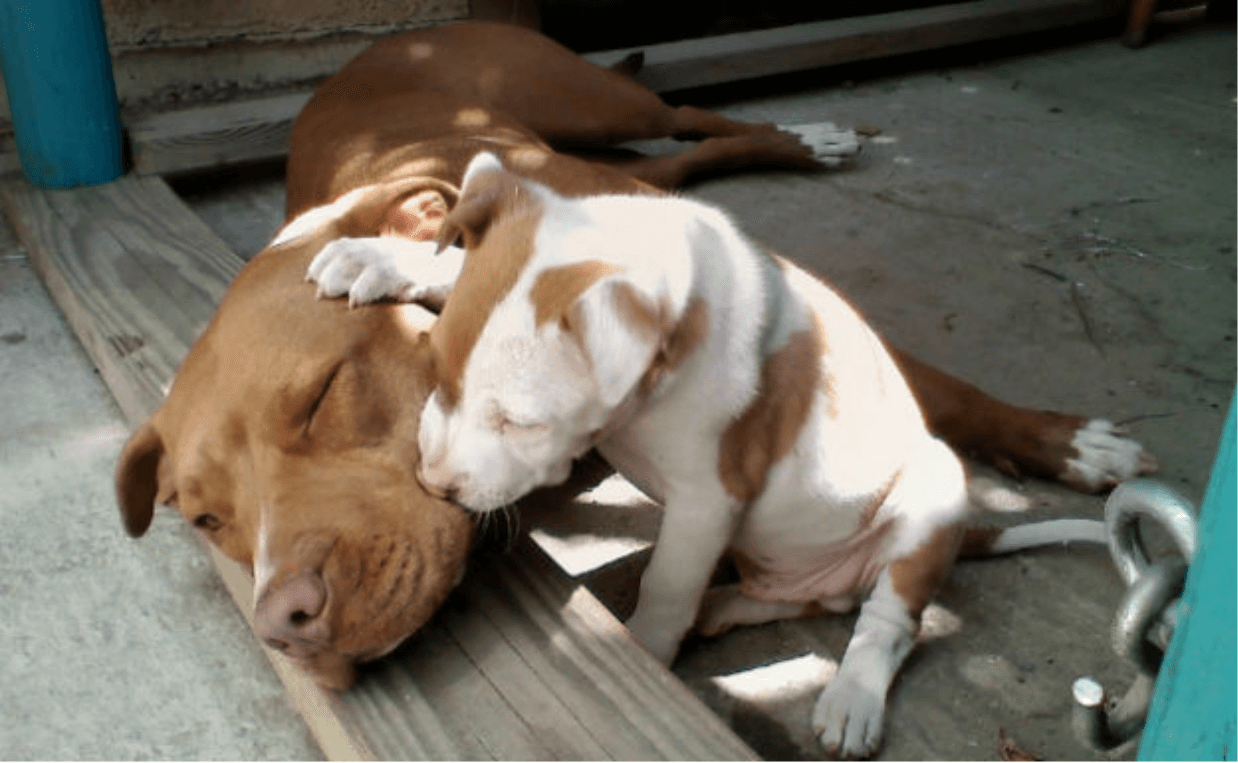
Pit Bull Temperament
In general, pit bulls are confident, smart and good-natured. They make very good companion dogs. When they are responsibly bred and socialized, they are loyal and a trustworthy friend to the end.
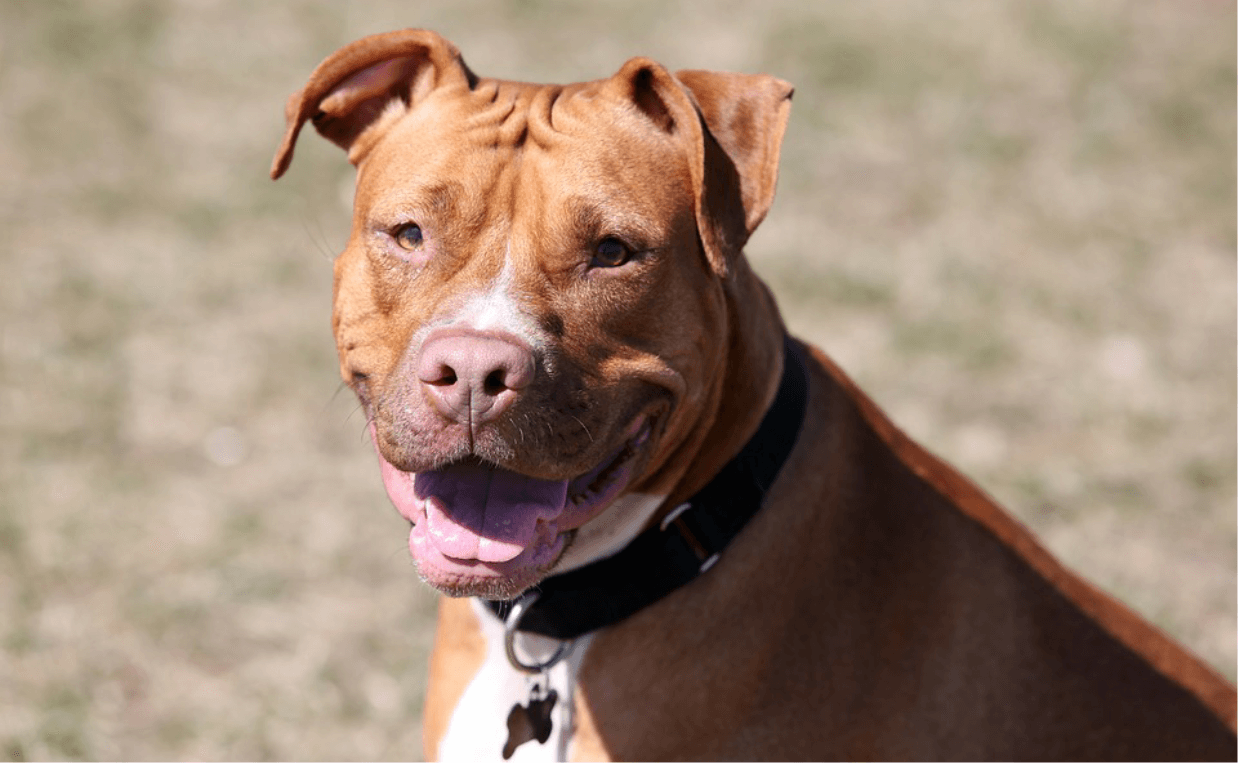
Pit Bull Build
Pit bulls are stocky and muscular. They stand about 17 – 19 inches high and have a characteristically broad head and pronounced cheekbones. They are agile, graceful and have a lovable personality. They like mental and physical challenges and are highly trainable.
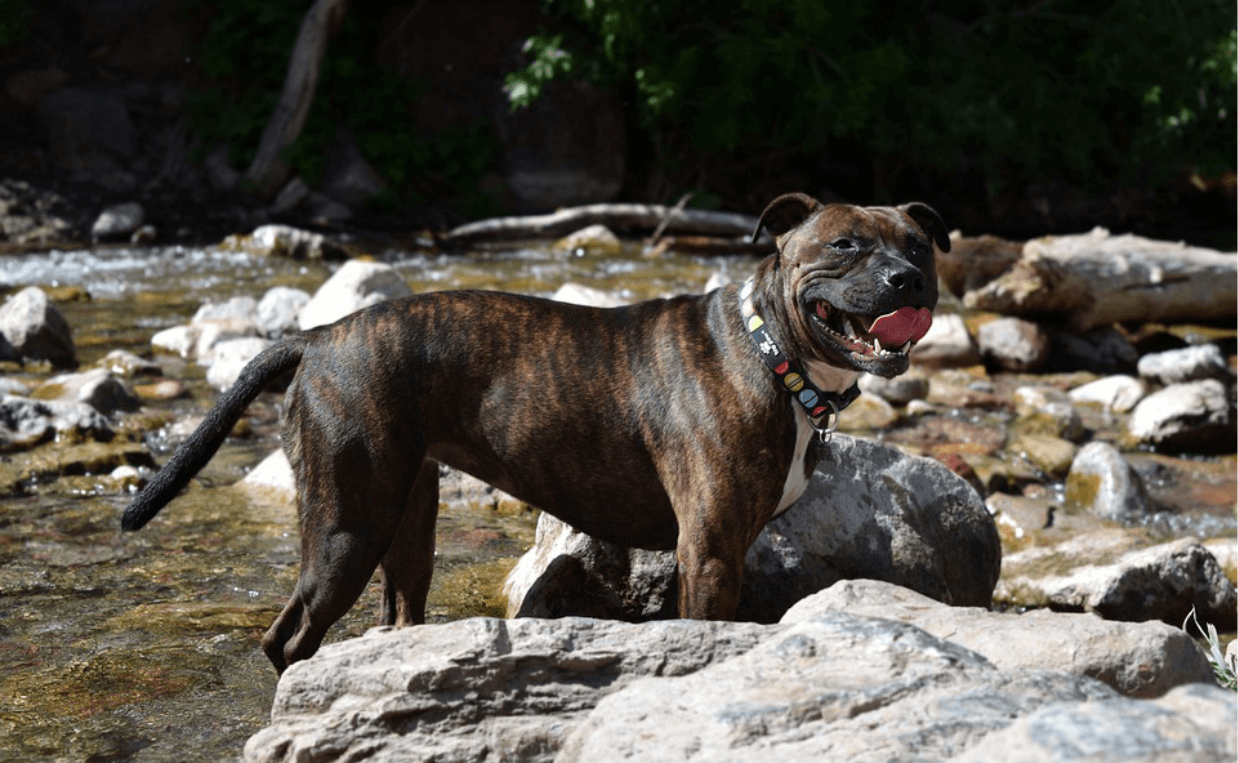
Pit Bulls are Working Dogs
Pit bulls have served as police dogs, search and rescue dogs and have been featured in movies. They have also been used to drive and catch livestock and can be trained as hunting dogs.
Breed Origins
The confusion about “bully breeds” comes from the fact that many of these breeds were originally developed for blood sports such as bull-baiting and bear-baiting. Blood sports were officially eliminated in 1835; following that, pit bulls were used for dog fighting.
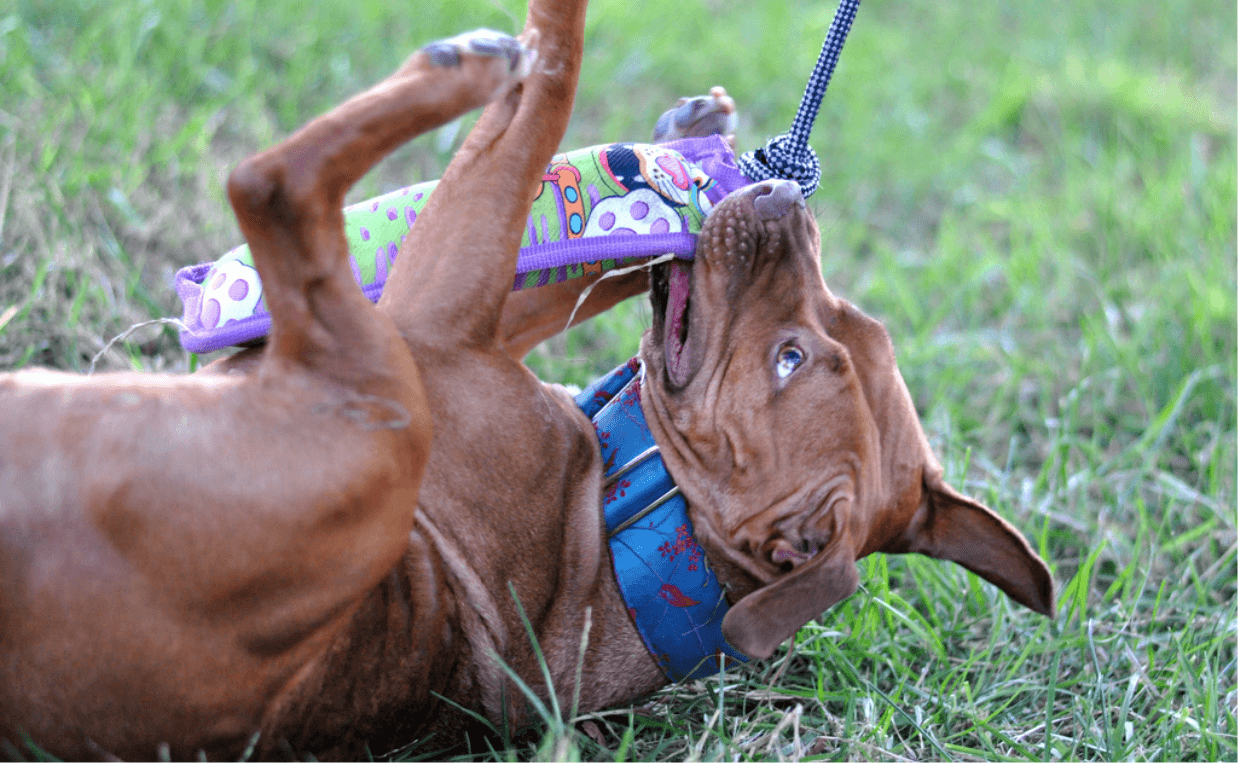 Dog Fighting
Dog Fighting
Dog fighting is illegal in all 50 states in the U.S. However, dog fighting still occurs underground, and pit bulls are often the dog of choice for dog fighting events.
Strong Breed Stigma
For this reason, there is still a strong breed stigma. However, studies of the breed have found they are not disproportionately dangerous as a breed group. Contrary to popular myth, pit bulls do not have “locking jaws.” There is no “locking mechanism in the jaw muscle” of pit bulls – or any other dog for that matter. However, there is some research to indicate that pit bull bites are particularly serious because they bite deeply and grind their molars into tissue.
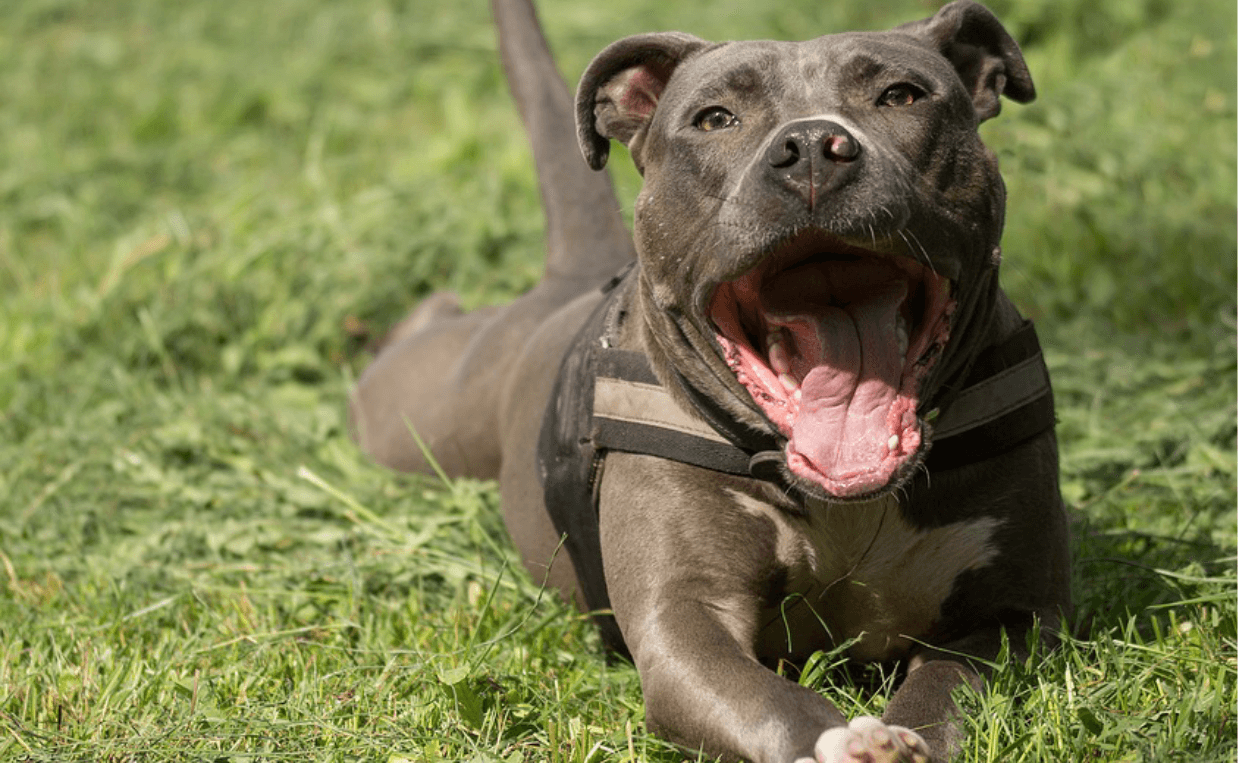
Breed-Specific Legislation and Discrimination
Widely reported pit bull attacks have resulted in various legislation, increased premiums for liability insurance, banning from housing and other breed-specific discrimination. However, research confirms that certain dog breeds are not inherently aggressive, dangerous or vicious.
Pit Bulls: Nature vs Nurture
While dog genetics may predispose the animal to act in certain ways, genetics are not the whole story. Behavior in animals develops through a complex interaction of genetics as well as environment.
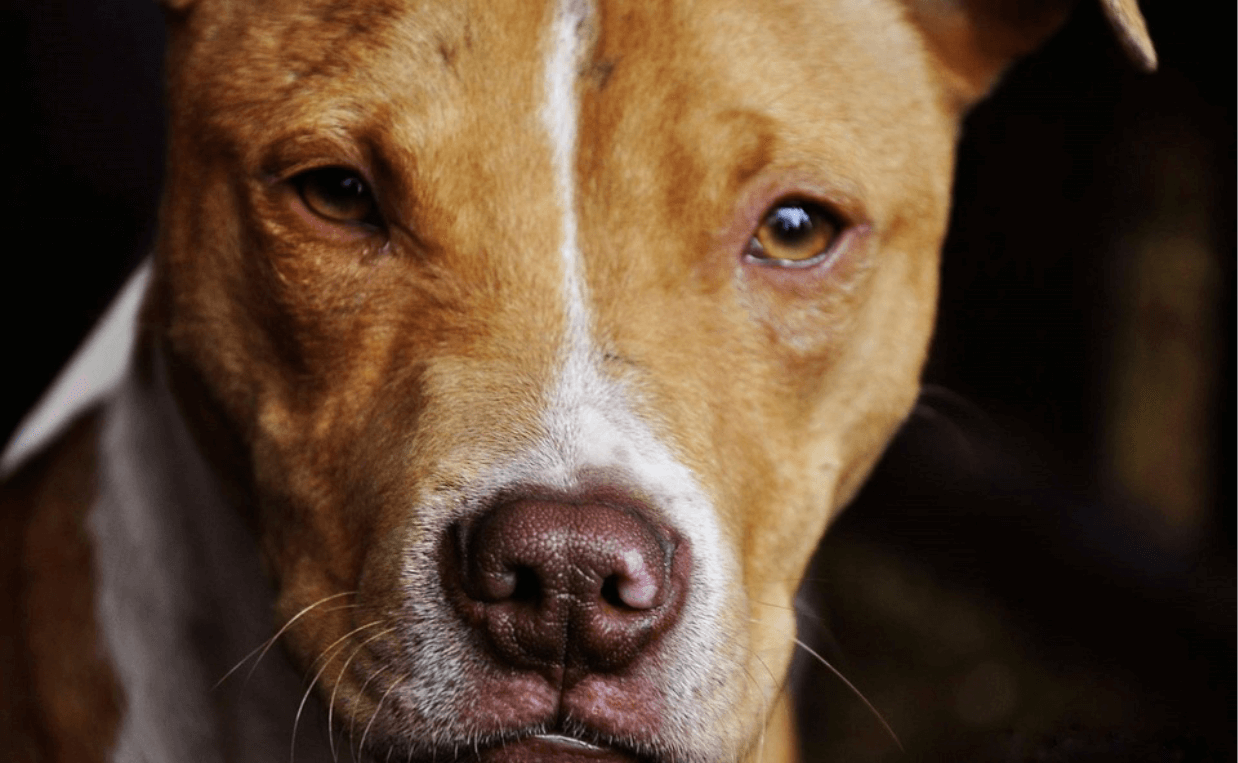
Early positive experiences in puppies, especially socialization, are key in preventing aggressive tendencies in all dogs. Puppies learn how to interact with people, other dogs and other animals by being socialized. It is true that dogs chained outside and isolated from human interaction are more likely to be afraid of humans and tend to bite more often. Better educated owners should train dogs responsibly and humanely to reduce the risk of aggression, not just in pit bulls but all dog breeds. Click here to read more about raising puppies…
Breed-specific legislation causes people to discriminate against all dogs of certain breeds, such as banning them from living in leased or rented homes. This victimizes many animals because people either can’t adopt them or are afraid to do so. Click here to learn more about adopting the right breed for your lifestyle…
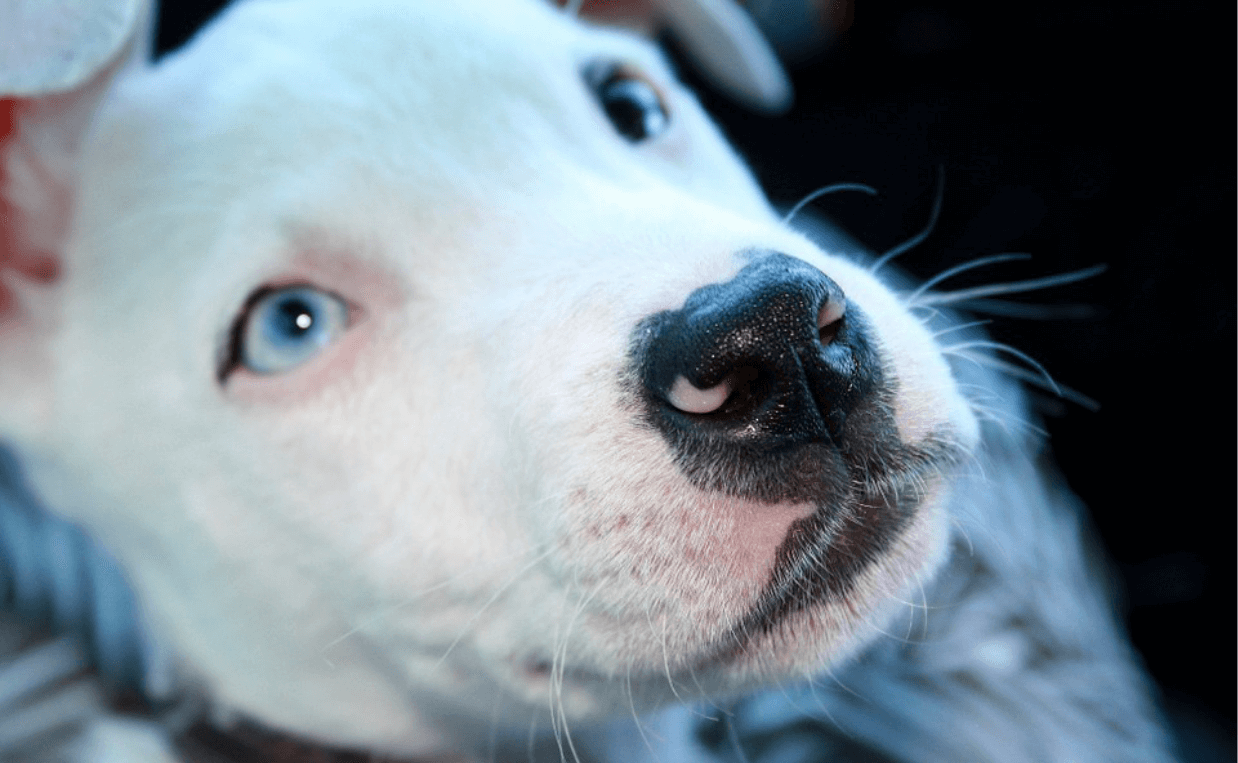
3 Ways You Can Help
Here are 3 things you can do to help bring positive attention to the pit bull breeds.
-
Help end hurtful stereotypes
Learn more about bully breed dogs and stand up against discriminatory myths. For example, did you know that many famous people such as Helen Keller, President Theodore Roosevelt and Fred Astaire all enjoyed pit bull dogs as family members?
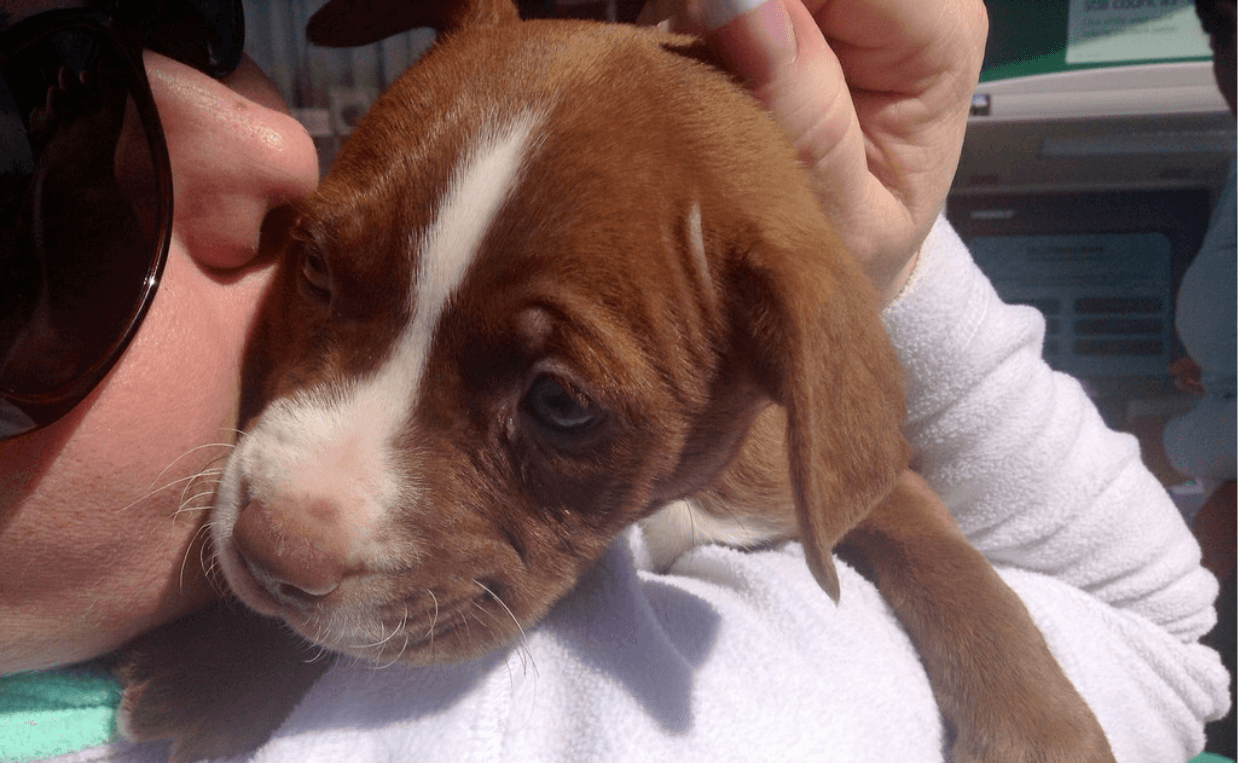
-
Combat dog-fighting and breed-specific legislation
Find out what you can do to get involved to help end the victimization and unnecessary killing of animals solely because of their breed.
-
Consider adopting a pit bull (make sure the breed is for you) and encourage others to consider adoption
Every year, thousands of pit bulls end up in shelters and many are euthanized. Often, families move and can’t have a pit bull at the new property. Most pit bulls are sweet, loyal dogs that provide their family with a lifetime of love and joy. Furthermore, responsible rescues and shelters evaluate dog behavior prior to adoption and only adopt out dogs that display the proper temperament toward humans.
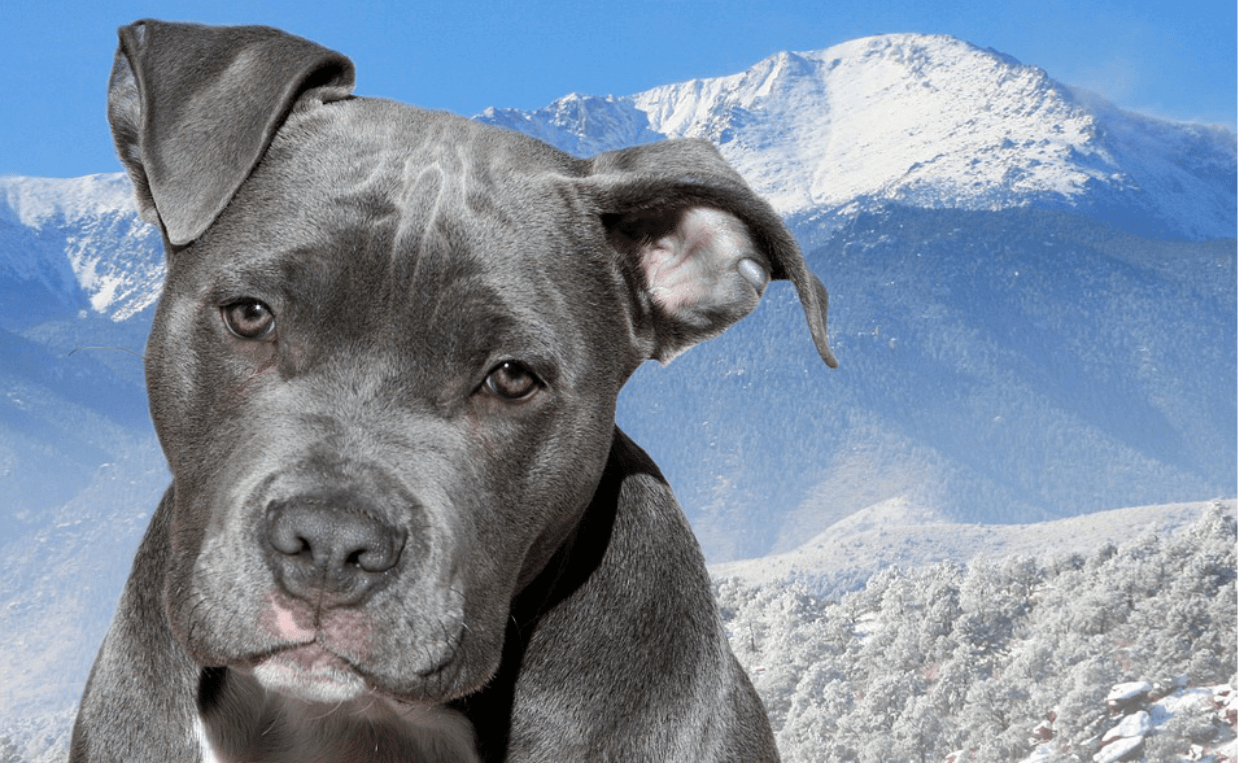
Pit Bulls at Canine Campus
We have enjoyed hundreds of well-behaved bully breed dogs over the years here at Canine Campus. We DO NOT discriminate against any breed! We administer a screening (Admissions Test) of each dog before he or she is allowed to join the rest of the pack for play activities. Our staff is highly trained and knows what to look for in order to maintain a safe, healthy pack. Each dog is evaluated individually. For the safety of the human referees and other dogs in the pack, we do not allow aggressive dogs or un-neutered males over 7 months of age to co-mingle with the other dogs.
For more information about the services offered at Canine Campus or to set up an Admissions Test for your dog, contact us at 719-448-9600.
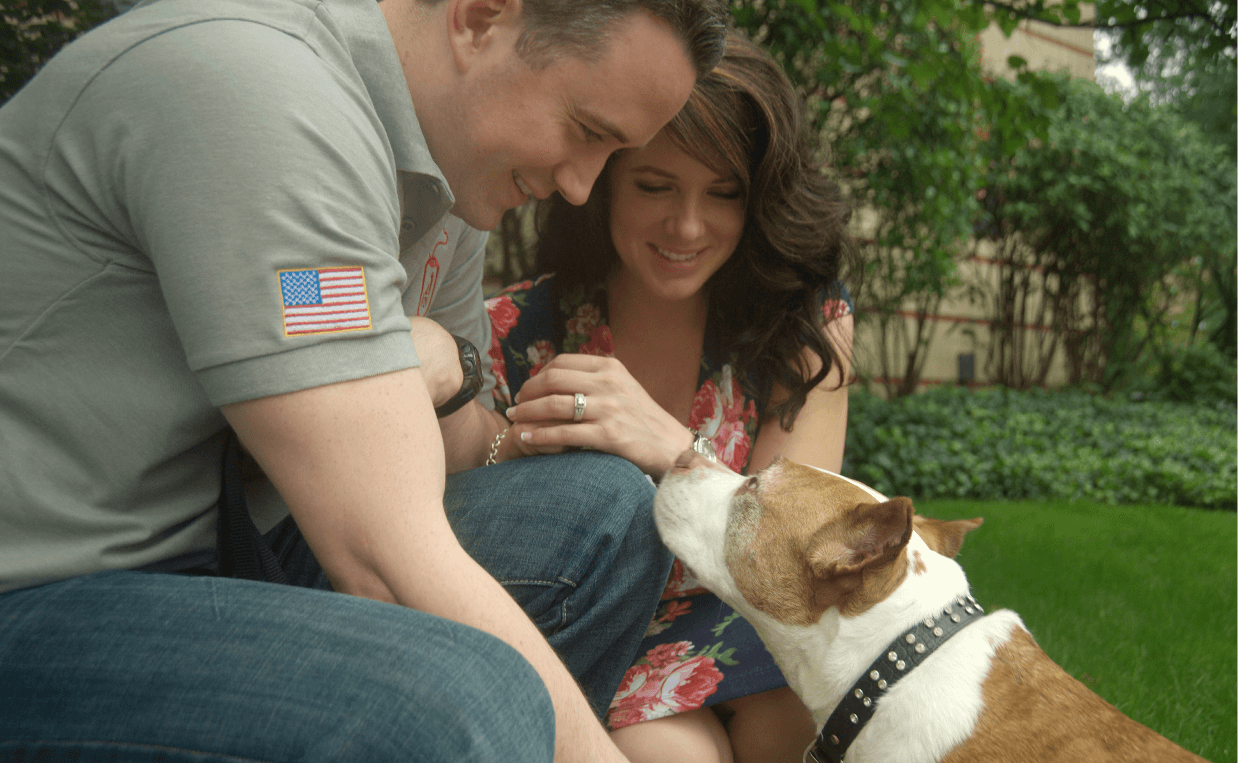
Do you own a pit bull – or have you in the past? What was your experience of the breed? We’d love to hear from you in the comments below.

 Why You Should Consider Donating to Animal Charities
Why You Should Consider Donating to Animal Charities 5 Reasons to Adopt a Senior Dog
5 Reasons to Adopt a Senior Dog What To Do When Your Rescue Dog is Afraid of You
What To Do When Your Rescue Dog is Afraid of You What Everyone Should Know About Puppy Mills
What Everyone Should Know About Puppy Mills Homes for Pets in Urgent Need as Coronavirus Outbreak Affects Animal Shelters
Homes for Pets in Urgent Need as Coronavirus Outbreak Affects Animal Shelters






Leave a Reply